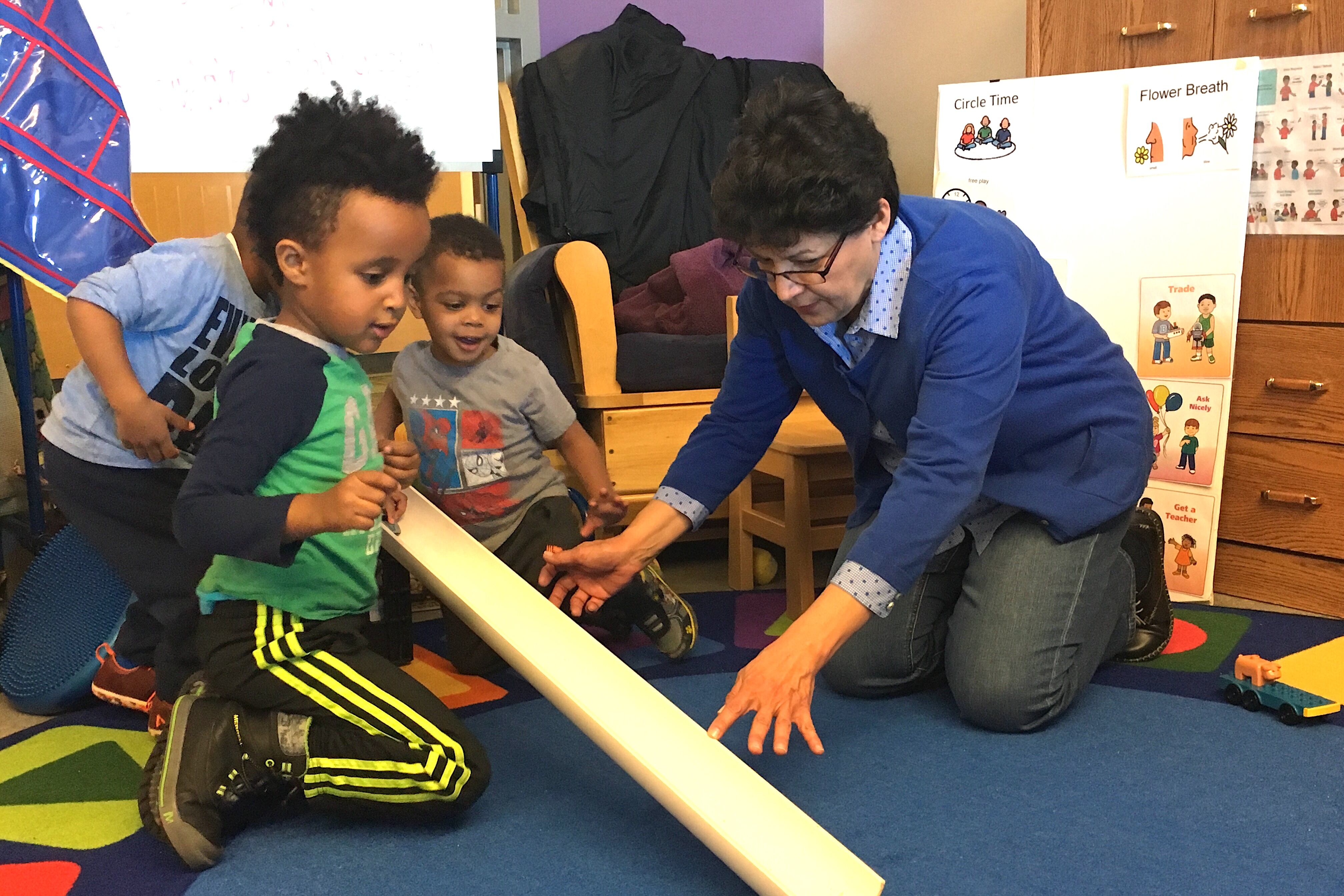It will be another month before Colorado families know where they can send their children for preschool under the state’s new universal preschool program.
Families were supposed to learn which programs they had matched with on Thursday. But on Tuesday, officials with Colorado’s Department of Early Childhood announced they plan to tell families on April 26.
As reported by Chalkbeat, more than 20 education and early childhood groups had asked the state to push back initial matches due to problems with the algorithm that meant some families might miss out on top choices and other families might be offered seats that didn’t meet their needs. They feared the program was being rushed, and families would end up frustrated.
State officials held firm to the initial March 30 matching date until just two days prior. Denver Public Schools even sent an email to parents Tuesday afternoon telling families to watch their texts and emails for state notifications this Thursday.
Tuesday evening, state officials said in a press release that to “maximize the likelihood of families receiving their first or second choice, allow for additional time that will enable providers to fully consider their capabilities to expand their offerings in the coming school year, and give families the opportunity to fine-tune their preferences, the department is extending the release of the first round of matching until April 26, 2023.”
More than 29,000 families have signed up for a free 4-year-old preschool spot, and more than 1,800 providers are participating, according to the Department of Early Childhood.
The initial enrollment period closed Feb. 24, but families can still apply.
The program, a major policy initiative of Gov. Jared Polis, will offer 10 to 15 hours a week of tuition-free preschool to every 4-year-old in the year before they enter kindergarten. Some children, including those from low-income households, those who are learning English, and those with disabilities, are eligible for 30 hours a week. Some 3-year-olds are also eligible for 10 hours a week of free preschool.
The program is funded in large part by a voter-approved nicotine tax.
Providers and school district officials identified a number of problems with the March 30 match date. Some providers struggled to reach families with incomplete applications, worrying they might lose out on priority points that would increase access to their top choice. Families who got priority at one program were given the same boost for all their choices, potentially displacing other families. State officials said that happened because they did not pay for a more sophisticated algorithm that could have better ranked preferences.
Bureau Chief Erica Meltzer covers education policy and politics and oversees Chalkbeat Colorado’s education coverage. Contact Erica at emeltzer@chalkbeat.org.





